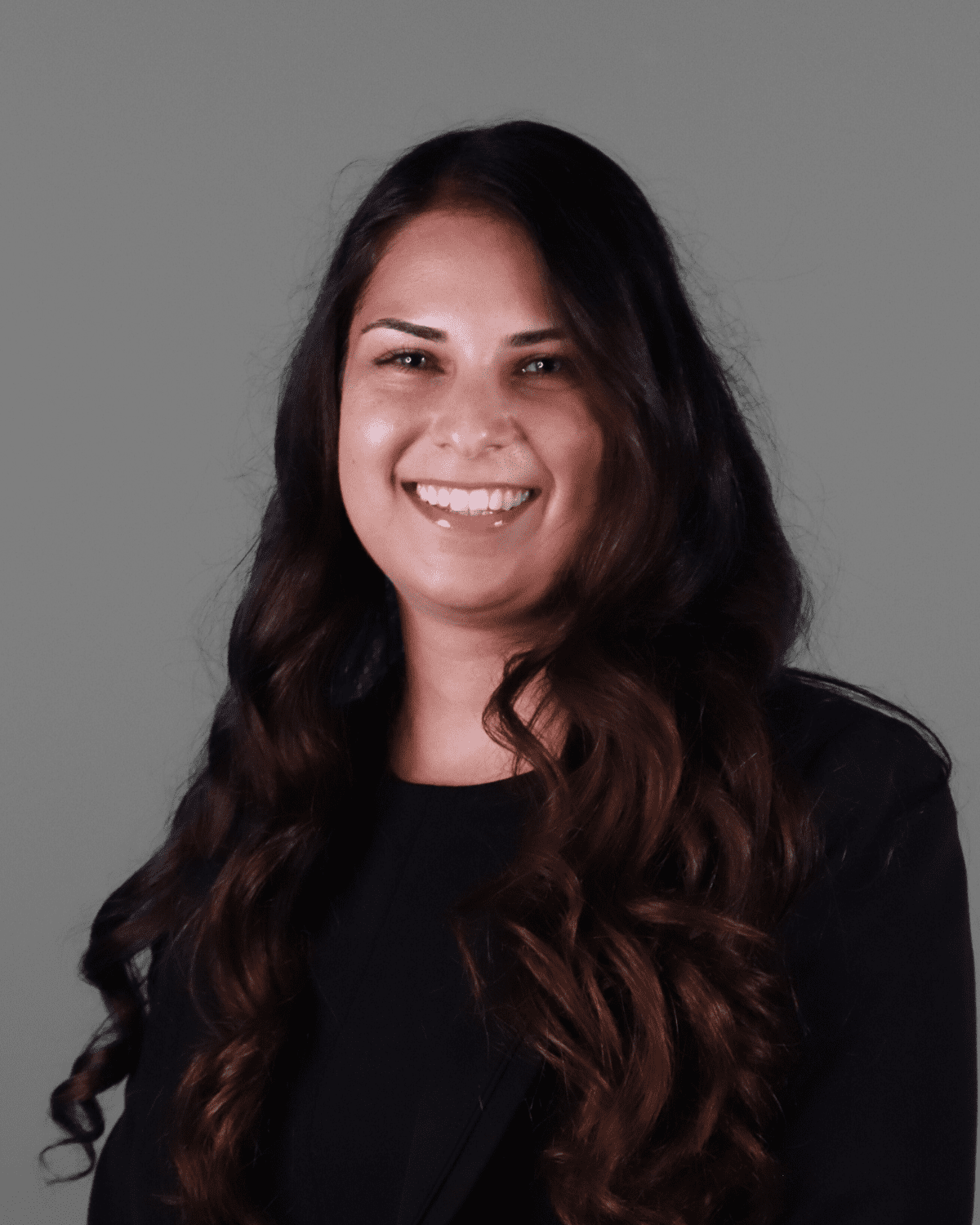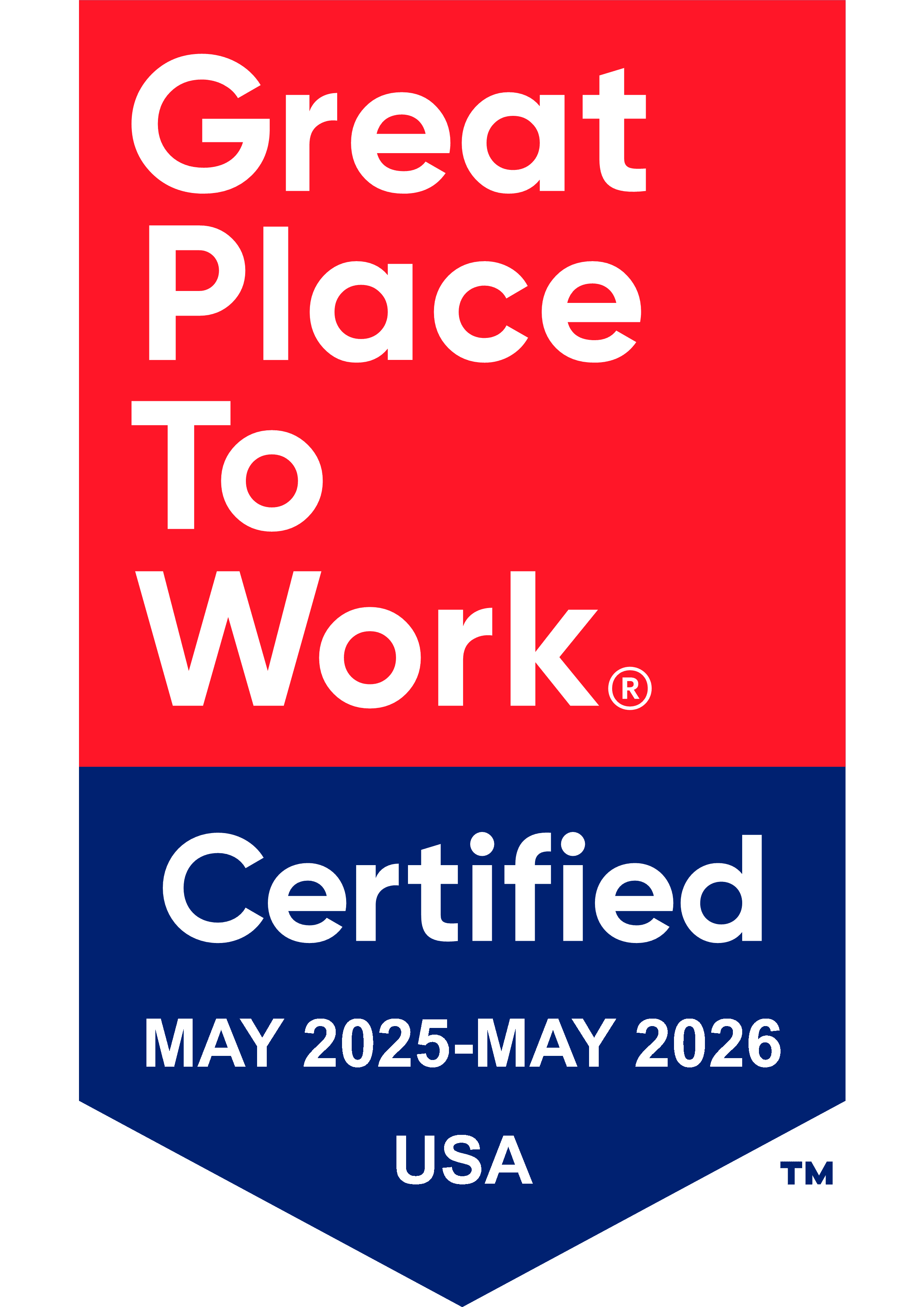From July 20-24, prevention professionals from across the globe convened in Nashville, TN for CADCA’s 24th Annual Mid-Year Training Institute. With more than 2,100 attendees, including over 400 youth attendees, the conference offered hundreds of educational workshops and unparalleled networking opportunities.
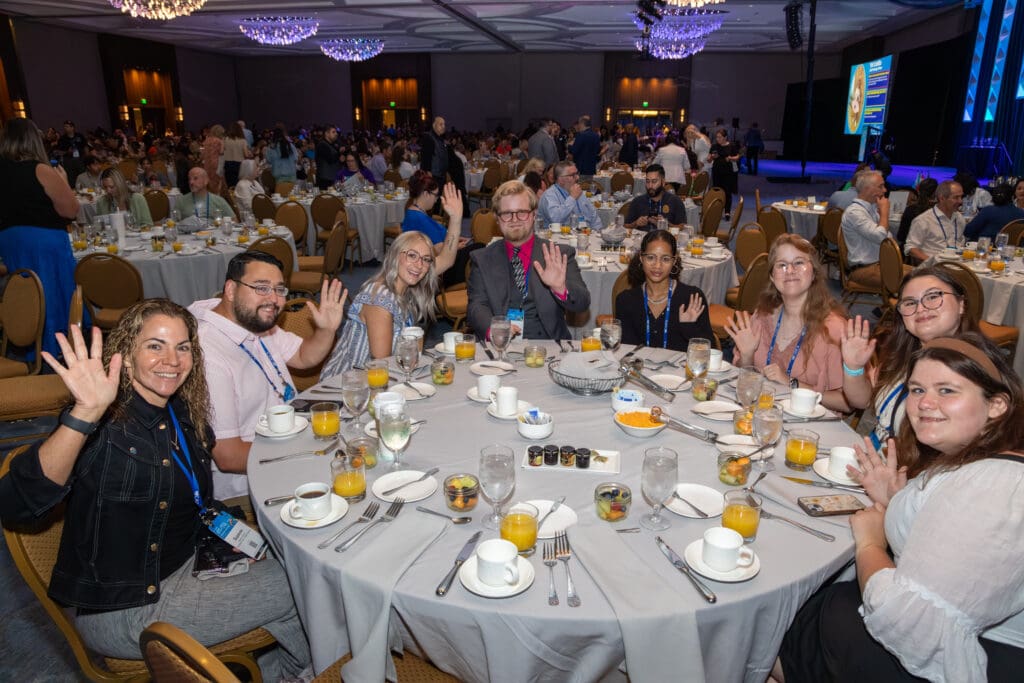
The week kicked off with an energizing opening plenary featuring Tennessee’s own Annabelle Lovell, a youth leader from the Weakley County Prevention Coalition. Her remarks set the tone for a week focused on community action and bold ideas for the future of prevention. Attendees also heard from a distinguished slate of leaders, including SAMHSA’s Rear Admiral Christopher Jones, Jessica Hulsey of the Addiction Policy Forum, Dr. Allison Arwady from the CDC, CADCA Public Policy Consultant Sue Thau, General Barrye L. Price, and Dr. Monty Burks from the Tennessee Department of Mental Health and Substance Abuse Services.
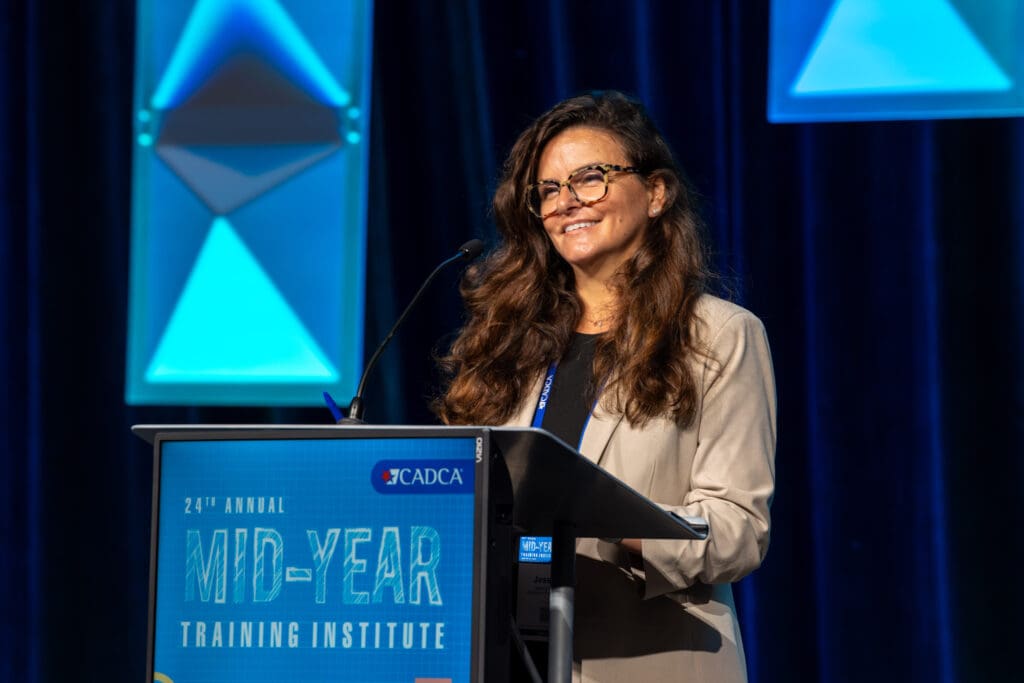
Also on this stage, CADCA recognized the exceptional work of international leaders and coalitions during a special awards ceremony. Honorees included:
- Lifetime Achievement Award: Dr. Eduardo Hernández-Alarcón
- International Coalition of the Year: Coalición Comunitaria Antidrogas Recreo 3ra Etapa
- International Champion of the Year Award: Centro de Estudios y Asesoría en Conductas de Riesgo Social y Promoción del Desarrollo Integral (CRESER)
- International Service Awards: Matej Košir and Dave Shavel
- International Humanitarian of the Year Awards: Lesy Castillo and Delmis Chacón
- International Leadership Awards: Abdoulaye Diouf and Gulzhamal Sultanalieva

Monday morning featured presentations from eight of nine youth leaders selected for CADCA’s Voices of Youth program, a SAMHSA-funded initiative in partnership with HOSA Future Health Professionals. The students received scholarships to attend the Mid-Year Training Institute, where they presented the initiatives they implemented in their communities pertaining to substance use and mental health prevention. From hosting workshops teaching students about the dangers of opioid misuse and how to administer naloxone to working with school administrators on policy change around vaping to organizing student assemblies to stop the underage drinking spiral, these youth leaders are already effecting change in their communities.
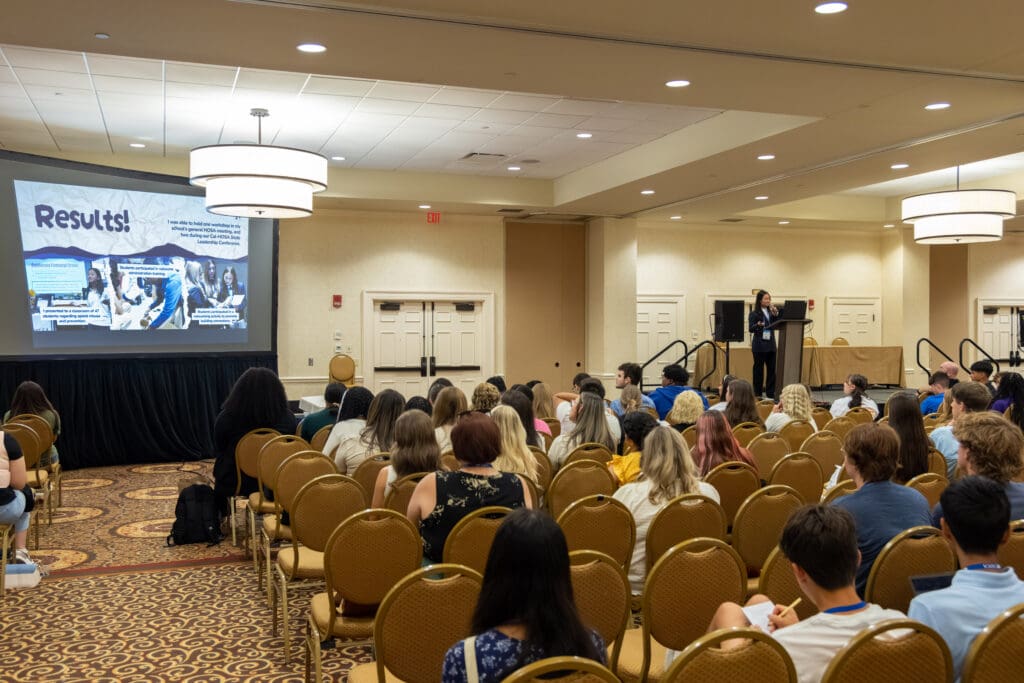
Throughout the week, attendees participated in interactive training sessions and interactive workshops designed to help their coalitions strengthen local prevention efforts and implement evidence-based strategies in their communities. Sessions covered a range of topics, including trends in youth substance use, conducting store assessments in alcohol outlets, the impact of high-potency cannabis on the adolescent brain, creative ways to fund priorities while meeting grant objectives, and much more.
This year’s conference also marked the debut of two brand-new CADCA trainings: Understanding What Makes Us Healthy e Youth Engagement for Adults. The former introduces practical ideas about what impacts our health and is designed to help participants gain a better understanding of what really shapes health in their communities. Youth Engagement for Adults is a training series designed for coalition staff looking to strengthen youth engagement through proven youth-adult partnership models. The intention is to help staff better connect with youth or keep them involved in coalition work. These aren’t simply sit-and-listen sessions; both training opportunities are highly interactive, featuring a range of hands-on activities throughout to keep attendees actively engaged.
Whether you were a first-time attendee exploring the wonderful world of prevention or a seasoned leader sharing effective strategies with your peers, we appreciate your participation and your dedication to this important field. Thank you to all who joined us, and we look forward to seeing you again at our 2026 National Leadership Forum, February 2–5, in the Washington, DC metropolitan area.
